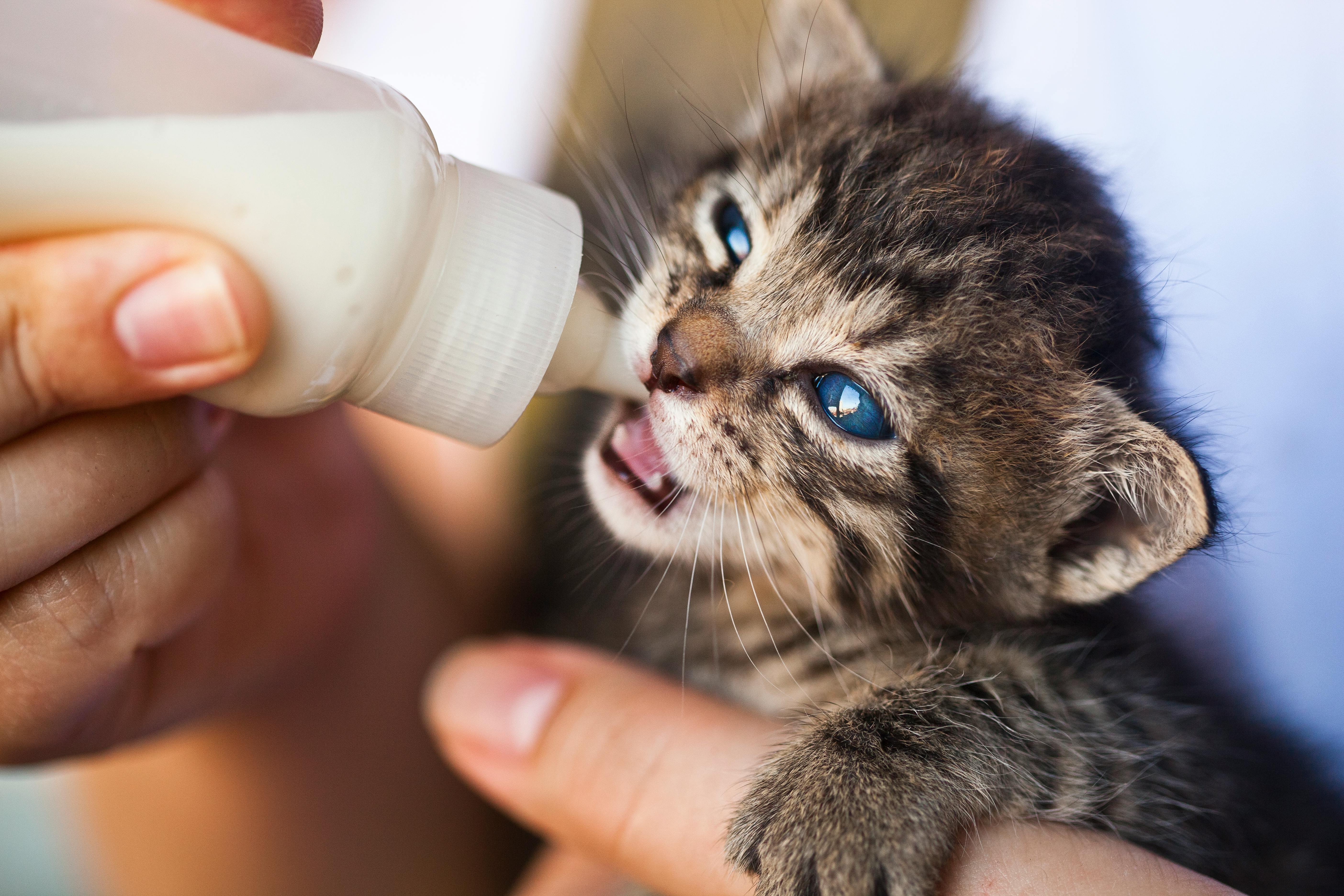Is high protein dog food a worthwhile option?
A growing number of dog owners want to know what their dogs eat. Specialty foods are heralded as the best yet, but are they really better for our dogs than the foods we can buy at the supermarket? What about high protein dog food? Should dogs have it or is it a problem? Here’s what you need to know — and some myths that aren’t really true — to help you understand if high-protein dog food is really worth it.
Many people are sure that high-protein dog food is bad for our pets, but they are wrong. We have studies showing that dogs of any age will not only not be affected by a high-protein diet (kidney and bone growth problems just don’t happen the way some claim), but it will actually help them. After all, to build lean muscle, your dog needs to get the right nutrition, and protein is a big part of that. Remember to keep dogs with kidney problems on a moderate protein diet, but don’t cut it too low. Most dogs just don’t eat enough.
Remember that dogs that don’t eat the kind of protein they need can have serious health and behavior problems. Choosing a high-protein food can keep him away from expensive vet appointments and make his daily life easier. Choose foods that are not high in fat or calcium, especially for young large and giant breed dogs. Unfortunately, there are some high-protein dog foods that are up to one-fifth fat – great for active, working dogs, and not so great for lazy ones.
Dogs who really enjoy their current food shouldn’t be deprived. Instead, boost your protein intake by adding fresh, high-protein foods, from low-fat cottage cheese and yogurt to eggs, meat, bones in canned fish, and many others. You may find that simply switching from a high-carbohydrate diet to a high-protein one can eliminate many behavioral problems.
Remember that large and giant breed puppies should not be overfed as it could cause developmental problems and health problems in the future. We all want big, healthy dogs, but growing too fast can harm our pets. Avoid calcium supplements and stick to proper puppy food, not adult dog food.
Many older dogs eat low-protein foods, and that could be bad for them. Weight gain in dogs on a low-protein diet is common, as their bodies encourage them to eat more to get the nutrients they need. Switch to high-protein, low-carb, moderate-fat dog foods for your heavy or older dog, and see if anything changes!
